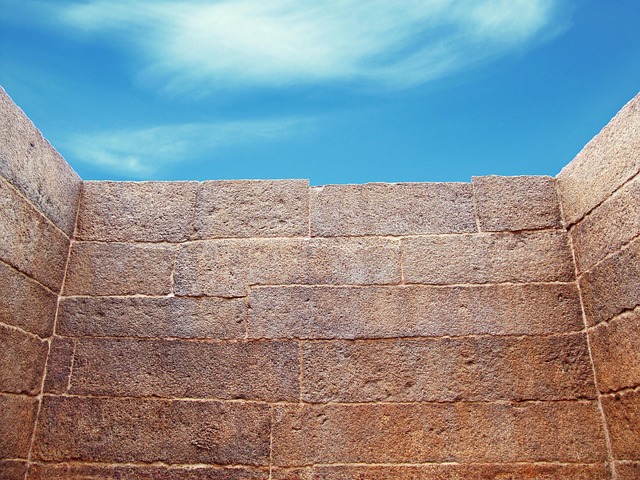
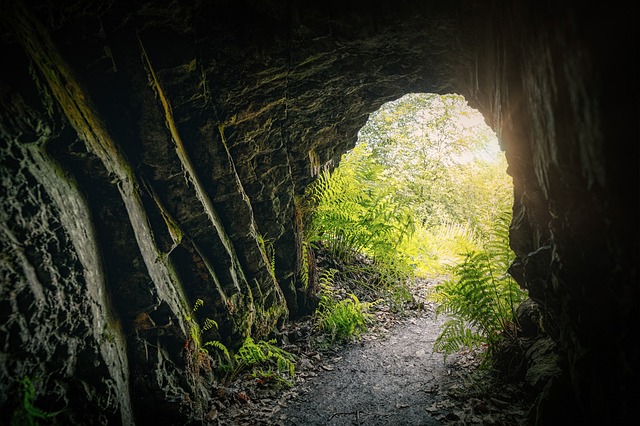
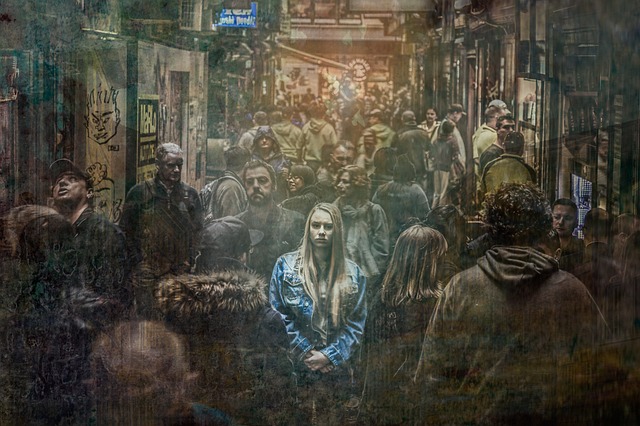
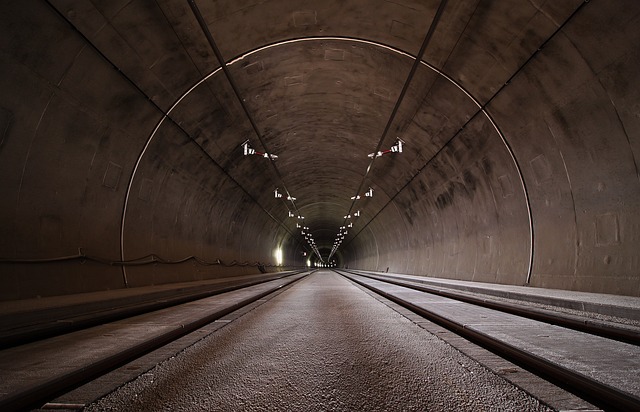
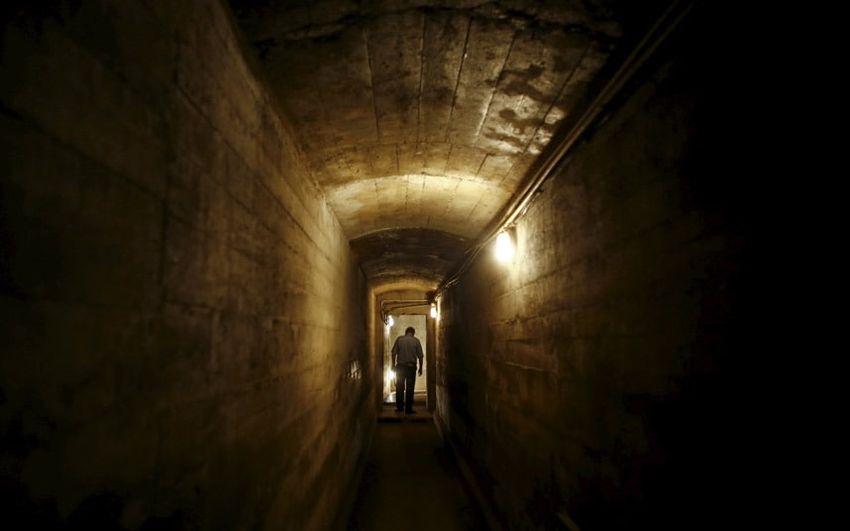
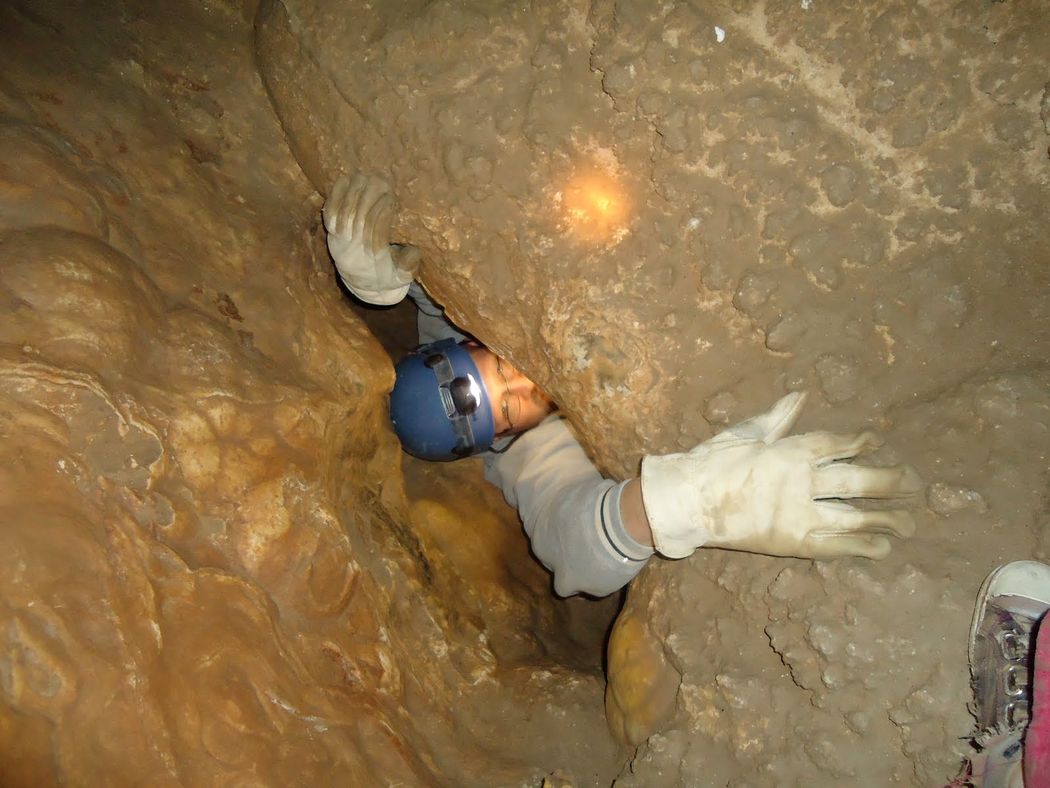
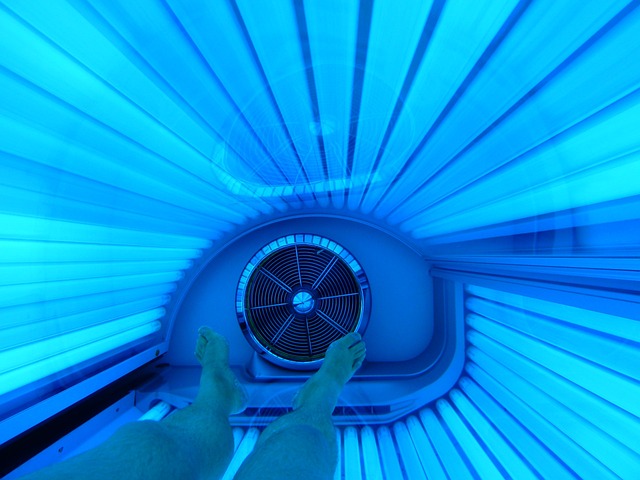

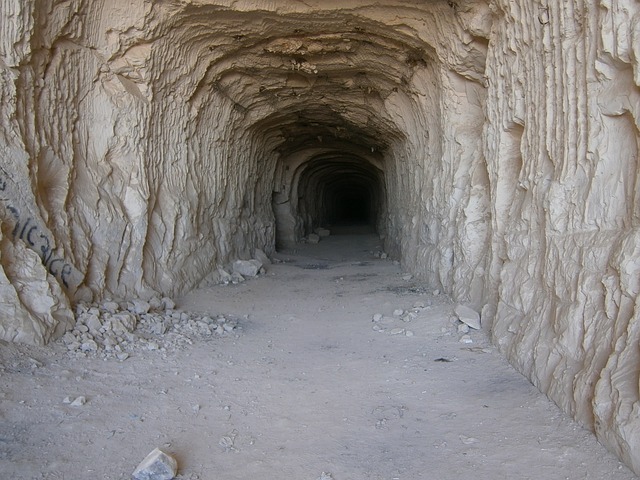

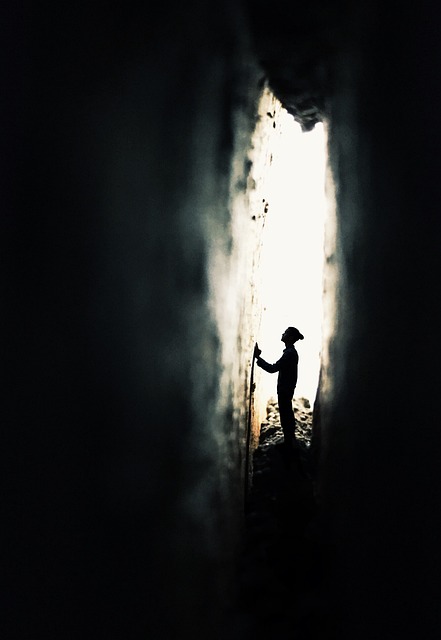

Hello there! How do you feel about confined spaces? If your answer is “not my favorite,” don’t worry – you’re not the only one in the world! Many people are claustrophobic. Do you want to take our claustrophobia test to see how intense your fear of confined spaces is?
Claustrophobia is the kind of phobia that means an intense, irrational fear of tight or enclosed spaces. It is categorized as an anxiety disorder, but it’s not a panic disorder, even though panic attacks might be one of the symptoms.
According to some studies, around 12% of the world population experiences claustrophobia. A phobia can develop at any age but usually occurs during childhood and teenage years.
Is your mental health in good shape?
This condition is triggered by being in confined spaces, for example:
Specific triggers depend on the individual. Wearing tight-necked clothes can trigger claustrophobia in one person. Another one could get triggered by driving on a highway packed with cars. For some people, all they need is thoughts about getting stuck in a confined space. What do you think our claustrophobia test will reveal?
There are individuals who have a different sense of personal space than others. Their “near” space circle is smaller, and when someone breaches it, they might experience claustrophobia.
Is expressing your feelings a struggle? Perhaps you have alexithymia?
The type and intensity of the symptoms depend on the person. People with claustrophobia can experience a whole range of symptoms, from mild worry to panic attacks. They are generally typical of any phobia.
Claustrophobia signs might include:
A person with claustrophobia might also experience a sense of impending doom – a feeling like something awful is going to happen, you’re going to die, or the world is about to end. Even though these feelings are irrational and without basis, they can still be frightening. You might fear losing control or fainting. You will have an intense urge to leave the triggering situation immediately.
If you have claustrophobia, you will most likely resist flying in an airplane, traveling in heavy traffic, or riding in an elevator. You will look for potential exits in any room you enter and stay close to them if the space is crowded. Music concerts, festivals, and other packed events probably aren’t your style. Can you spot any of the symptoms?
Not only claustrophobic people don’t like crowded spaces. Is there a chance you could have social anxiety?
Some researchers think the reason could be genetics. A defect in the GPM6A gene could cause claustrophobia. If you had a claustrophobic close relative while growing up, you are also more prone to develop the condition because you associate confined spaces with fear.
Another reason for claustrophobia could be the dysfunction of the amygdala. It is the region of your brain responsible for controlling fear responses. If you have claustrophobia, your amygdala is overactive.
Sometimes the cause for claustrophobia is a traumatic event, like getting stuck in a confined space, experiencing turbulence while on a plane, or getting locked in a closet or other small area (for example, as a punishment when you were a child).
If you have another kind of anxiety disorder, there is a higher risk of developing claustrophobia.
Some people have aversion of holes. Do you think you have trypophobia?
Is there a claustrophobia test? How do you diagnose claustrophobia? If your symptoms begin to affect you too much, you should see a medical professional.
Your doctor will ask about your symptoms and general health history. They will also assess your physical condition. A doctor will want to rule out other disorders and make sure what you’re experiencing is a phobia. You might be asked how intense your fear is, how often it occurs, and how it affects your daily life. These questions might be asked in a form of a claustrophobia test or questionnaire.
How should you know if you have anxiety? We can help!
Psychological counseling can help you overcome your fears and manage your triggers. Part of your treatment might be exposure therapy, in which you are gradually confronted with things that scare you in a bid to conquer your fear. For other people, cognitive behavioral therapy was proven to be effective. You might also learn relaxation and visualization methods to use in a triggering situation.
Check out our other quizzes when you’re free!
Are you ready to get in a tight spot with our claustrophobia test? Take the quiz and conquer your fears! Good luck!